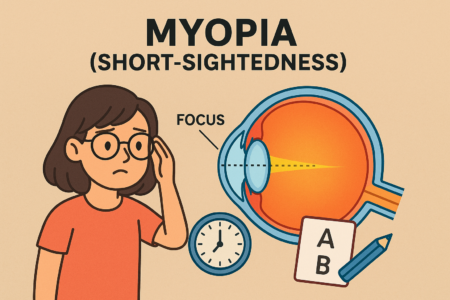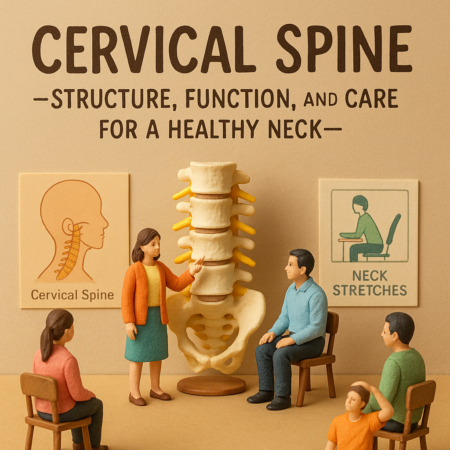Introduction
Quality sleep is crucial for academic success. Research highlights the strong connection between sleep and grades. When you’re well-rested, you’re more alert, focused, and capable of overcoming challenges. Conversely, sleep deprivation can impair concentration, memory retention, and overall performance. In this post, we’ll delve into the significance of sleep for academic achievement and offer practical tips to ensure you get the rest you need to excel in school.
Understanding the Science of Sleep
Sleep is divided into several stages, each serving a unique purpose in restoring and rejuvenating the body and mind. These stages include light sleep, deep sleep, and REM (rapid eye movement) sleep. During light sleep, your body begins to relax, and brain activity slows down. Deep sleep is essential for physical restoration and is characterized by slow brain waves. REM sleep, often associated with dreaming, is crucial for cognitive function and emotional well-being. Additionally, sleep plays a vital role in memory consolidation, where newly acquired information is processed and stored in the brain. Quality sleep enables better retention of knowledge and enhances learning capabilities, ultimately contributing to improved academic performance.
Common Sleep Disruptors
- Electronic Devices:
The blue light emitted by smartphones, tablets, and computers can interfere with the body’s natural sleep-wake cycle, making it harder to fall asleep. Additionally, using electronic devices before bedtime stimulates the brain, making it more difficult to unwind and relax. - Irregular Sleep Schedules:
Inconsistent bedtimes and wake-up times can disrupt the body’s internal clock, leading to sleep disturbances and fatigue. Irregular sleep patterns can also affect the quality of sleep, making it harder to feel rested and alert during the day. - Stress:
Academic pressure, social obligations, and personal worries can all contribute to stress, which can interfere with sleep. Stress triggers the release of cortisol, a hormone that stimulates alertness and arousal, making it harder to fall asleep and stay asleep.
Poor sleep hygiene, characterized by unhealthy sleep habits and behaviors, can have a significant impact on academic performance. Sleep disruptions can lead to daytime drowsiness, difficulty concentrating, and impaired cognitive function, all of which can hinder learning and memory retention. By addressing common sleep disruptors and practicing good sleep hygiene, students can improve their sleep quality and ultimately enhance their academic performance.
Creating a Sleep-Friendly Environment
- Temperature Control:
Keep your bedroom cool, ideally between 60 to 67 degrees Fahrenheit (15 to 20 degrees Celsius), as cooler temperatures are conducive to better sleep. Use fans or adjust the thermostat to maintain a comfortable sleeping environment. - Noise Reduction:
Minimize noise disturbances by using earplugs or white noise machines to block out disruptive sounds such as traffic, loud neighbors, or household activities. Consider investing in blackout curtains to block out light and create a more conducive sleep environment. - Comfortable Bedding:
Invest in a comfortable mattress and pillows that provide adequate support for your body. Choose breathable, moisture-wicking bedding materials to promote airflow and regulate body temperature throughout the night.
Establishing a consistent bedtime routine can also help signal to your body that it’s time to wind down and prepare for sleep. This routine may include activities such as reading a book, practicing relaxation techniques like deep breathing or meditation, or taking a warm bath. By creating a sleep-friendly environment and sticking to a bedtime routine, you can improve the quality of your rest and set yourself up for academic success.
Healthy Habits for Better Sleep
- Regular Exercise:
Engage in regular physical activity, such as walking, biking, or swimming, to promote better sleep. Aim for at least 30 minutes of moderate exercise most days of the week, but avoid vigorous exercise close to bedtime as it may interfere with sleep. - Limiting Caffeine Intake:
Be mindful of your caffeine consumption, especially in the afternoon and evening hours. Limit caffeinated beverages like coffee, tea, and soda, as they can interfere with your ability to fall asleep and stay asleep. - Managing Stress:
Practice stress-reduction techniques such as deep breathing exercises, mindfulness meditation, or progressive muscle relaxation to help calm your mind and body before bedtime. Consider journaling or engaging in relaxing activities like reading or listening to soothing music to unwind before sleep.
Incorporating these healthy habits into your daily routine can contribute to better sleep quality and overall well-being, ultimately leading to improved academic performance.
Technology and Sleep
- Screen Time Awareness:
Recognize the negative impact of excessive screen time, including smartphones, tablets, computers, and TVs, on sleep quality and duration. The blue light emitted by electronic devices can disrupt the production of melatonin, a hormone that regulates sleep. - Establishing Digital Boundaries:
Set boundaries around technology use before bedtime to promote better sleep hygiene. Consider implementing a “screen curfew” at least an hour before bedtime, during which time electronic devices are turned off or put on night mode to reduce exposure to blue light. - Alternative Wind-Down Activities:
Encourage engaging in relaxing activities before bed instead of using electronic devices. Reading a book, taking a warm bath, or practicing gentle yoga stretches can help signal to your body that it’s time to wind down and prepare for sleep.
By being mindful of your technology use and prioritizing healthy sleep habits, you can improve the quality of your rest and enhance your overall well-being and academic performance.
Napping for Success
Cognitive Enhancement:
Delve into the research-backed benefits of strategic napping for boosting cognitive function, memory retention, and overall productivity. Explain how a short nap can provide a mental recharge, allowing students to approach academic tasks with renewed focus and energy.
Incorporating Power Naps:
Provide practical tips on how to integrate power naps into daily routines without interfering with nighttime sleep patterns. Suggest optimal nap durations (typically around 10 to 30 minutes) and ideal timing, such as during the mid-afternoon slump or after completing demanding mental tasks.
Conclusion
In summary, prioritizing quality sleep is vital for academic success and overall well-being. By implementing the tips discussed here, such as creating a sleep-friendly environment and adopting healthy sleep habits, students can significantly improve their sleep quality. Remember, adequate sleep is essential for optimal brain function and performance. So, make sleep a priority, and watch as your academic achievements soar.







